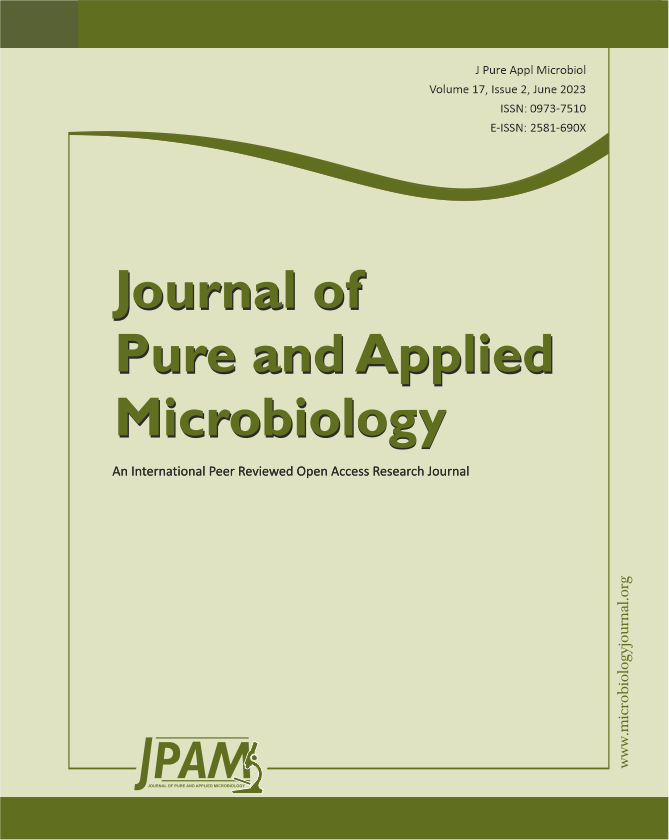Up to April 24th 2020, the Government of Tanzania announced 284 cases of COVID-19, among them 7 were in intensive care, 37 recoveries, 10 deaths and the rest in stable condition while Dar es Salaam region was leading in number of infected cases followed by Mwanza, Arusha and Dodoma regions. This study was conducted to evaluate level of COVID-19 knowledge among healthcare workers in selected regions of Tanzania in order to identify the existing gap of knowledge in combating COVID-19. This study applied a quantitative analytical cross-sectional survey design in Dar es Salaam, Arusha, Mwanza and Dodoma regions of Tanzania from 24th of August till 3rd October, 2022. A total of 596 healthcare workers from 40 healthcare facilities were involved. Frequencies and percentages were analyzed for categorical variables. Association between categorical variables were analyzed by using Chi-square and variables were significant at P-value < 0.05. This study found that, healthcare workers have an average of 79.4% correct answers with overall level of knowledge at 70%, 24% and 6% of healthcare workers holding good, moderate and low levels of knowledge respectively. Multinomial logistic regression showed significant associations with service experience of 1-5 years (OR = 0.093, 95% CI, 0.011-0.759, P-value= 0.027) when good and poor knowledge compared. This study found moderate knowledge among healthcare workers. Significant association with level of knowledge reported in age, field profession, level of education, category of healthcare facility and situation of caring COVID-19 patients in facility.
Knowledge, Healthcare Facilities, Healthcare Workers, COVID-19, Tanzania
© The Author(s) 2023. Open Access. This article is distributed under the terms of the Creative Commons Attribution 4.0 International License which permits unrestricted use, sharing, distribution, and reproduction in any medium, provided you give appropriate credit to the original author(s) and the source, provide a link to the Creative Commons license, and indicate if changes were made.


